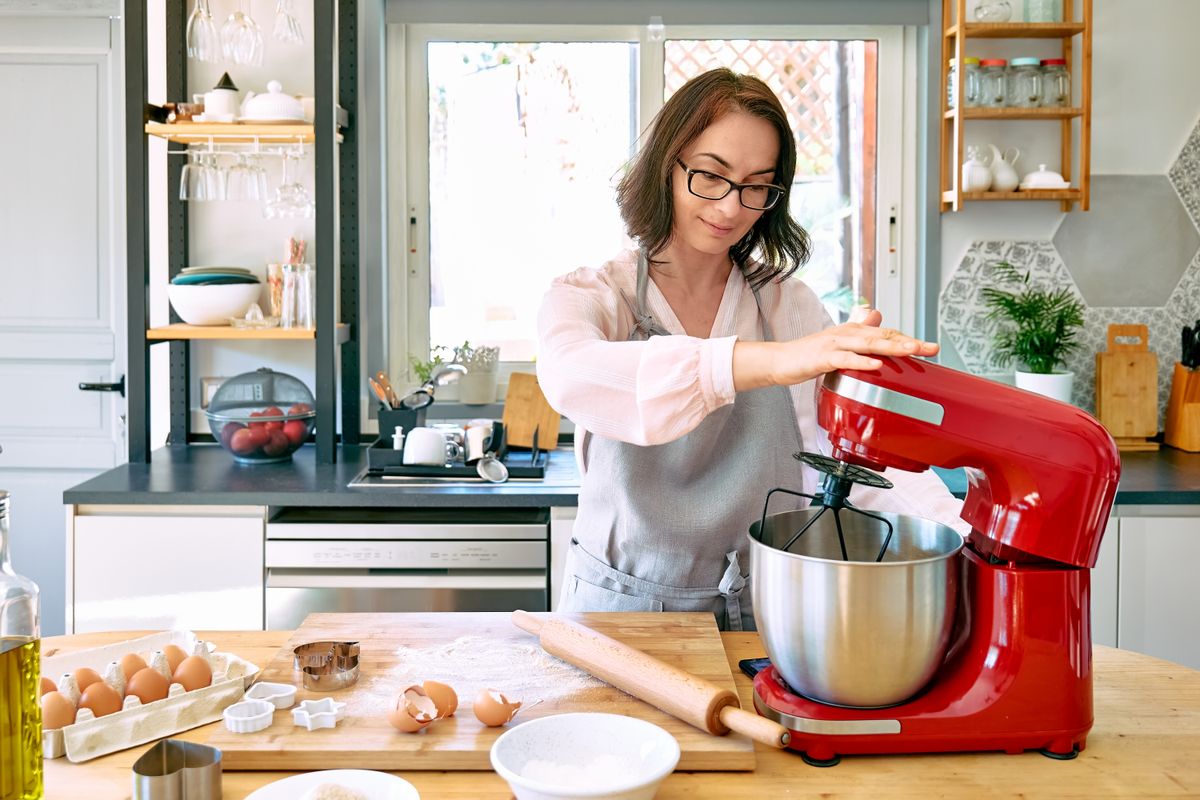Not a professional baker? No problem. You can still master the art of baking with these expert secrets. Baking involves many techniques and tricks that can help you achieve the perfect texture, flavor, and appearance of a dessert. While pastry school can teach you these secrets, you don't need to enroll to learn them. Here are nine secrets straight from the experts to help you improve your pastry, cookie, cake, and pie game at home.
1) Measuring By Weight: The Secret to Perfect Baking Every Time
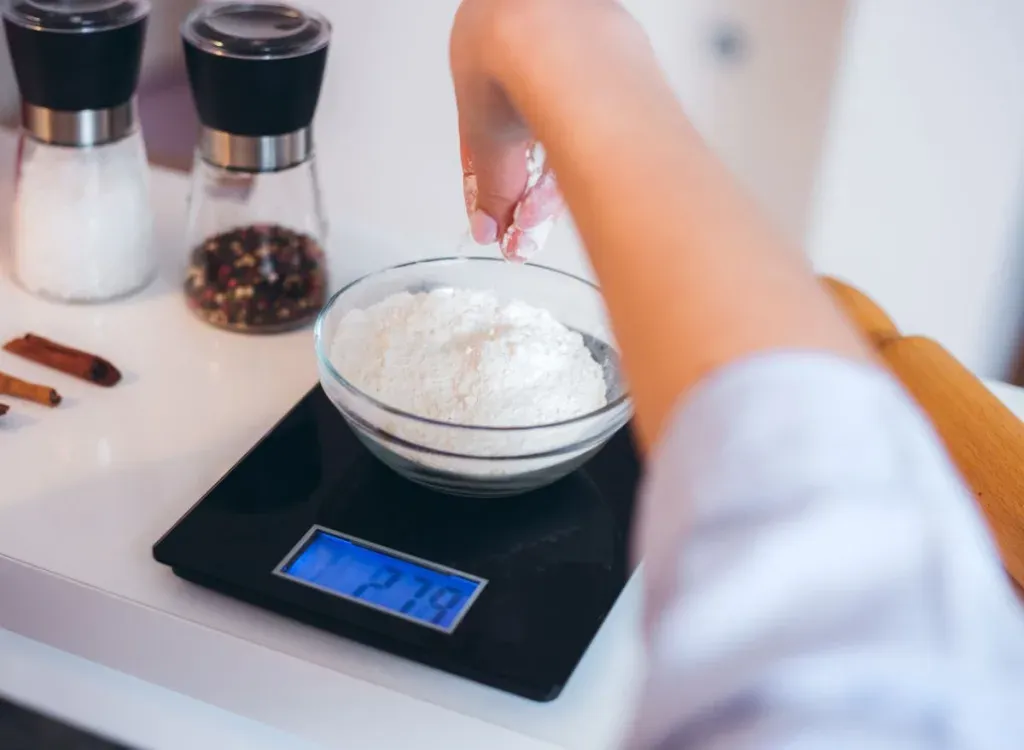
When measuring ingredients for baking, using measuring cups and spoons may not provide the accuracy needed for the best results. Many professional chefs suggest weighing ingredients instead.
Claire Wells, an experienced baker and pastry chef, recommends using a scale to measure ingredients in grams. This is because scooping ingredients into cups can result in a packed-down measurement, which can be more than what's needed for the recipe. By weighing ingredients, you can achieve precise measurements and ensure that your baked goods turn out perfectly every time.
2) Prepare in Advance
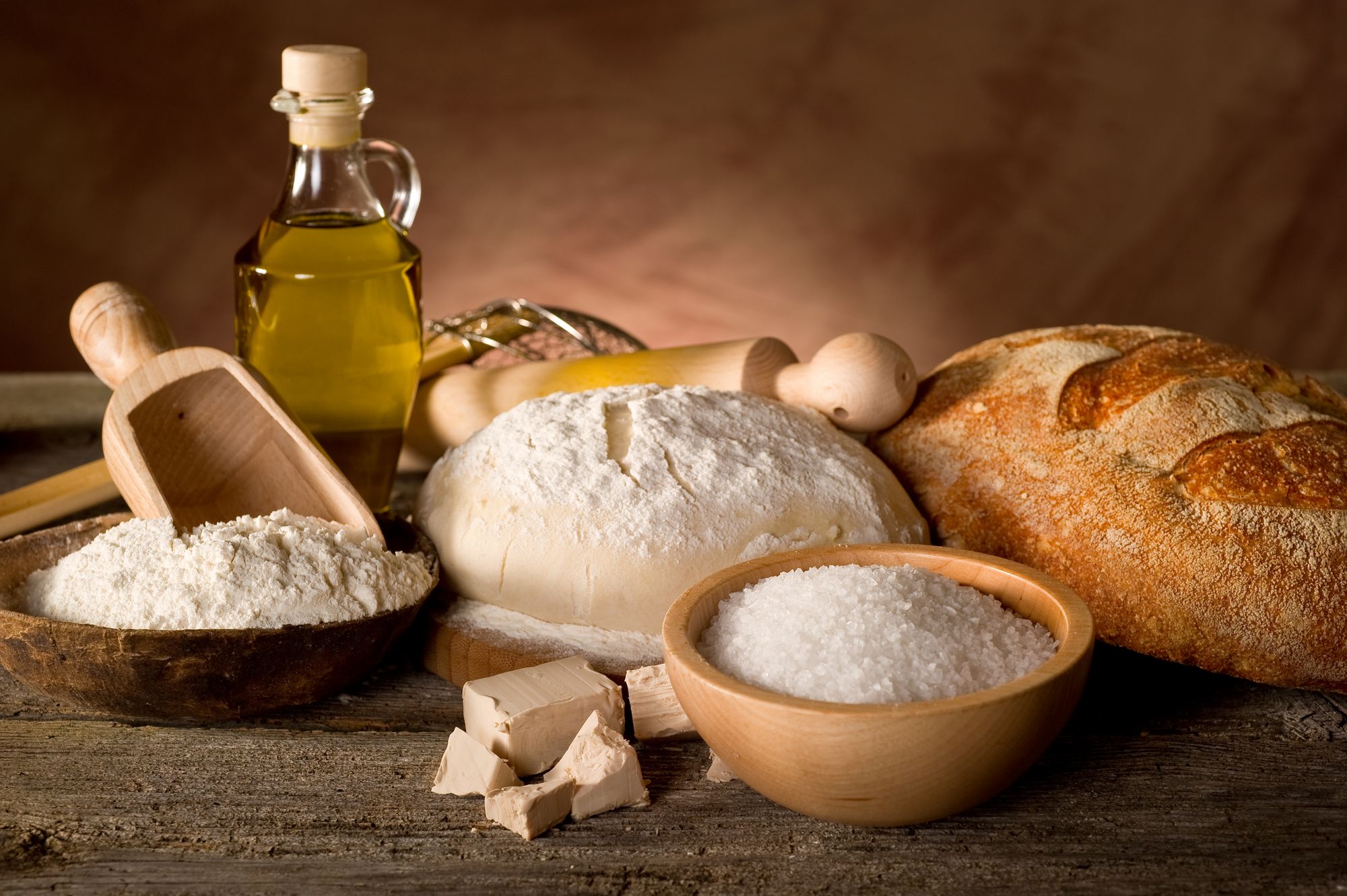
Preparing all ingredients beforehand is essential when baking pastries, according to Chef Nik Fields, a well-known cookbook author and the owner of the upscale restaurant Chic Chef in Phoenix, AZ. Baking is both an art and a science, and having all the ingredients ready before mixing can help speed up the baking process and ensure that nothing is left out. Chefs are taught to have everything prepared before starting the recipe in pastry school, allowing them to survey the ingredients they have and walk through the recipe with everything they need at their fingertips.
3) Quick Tip for Bringing Ingredients to Room Temperature
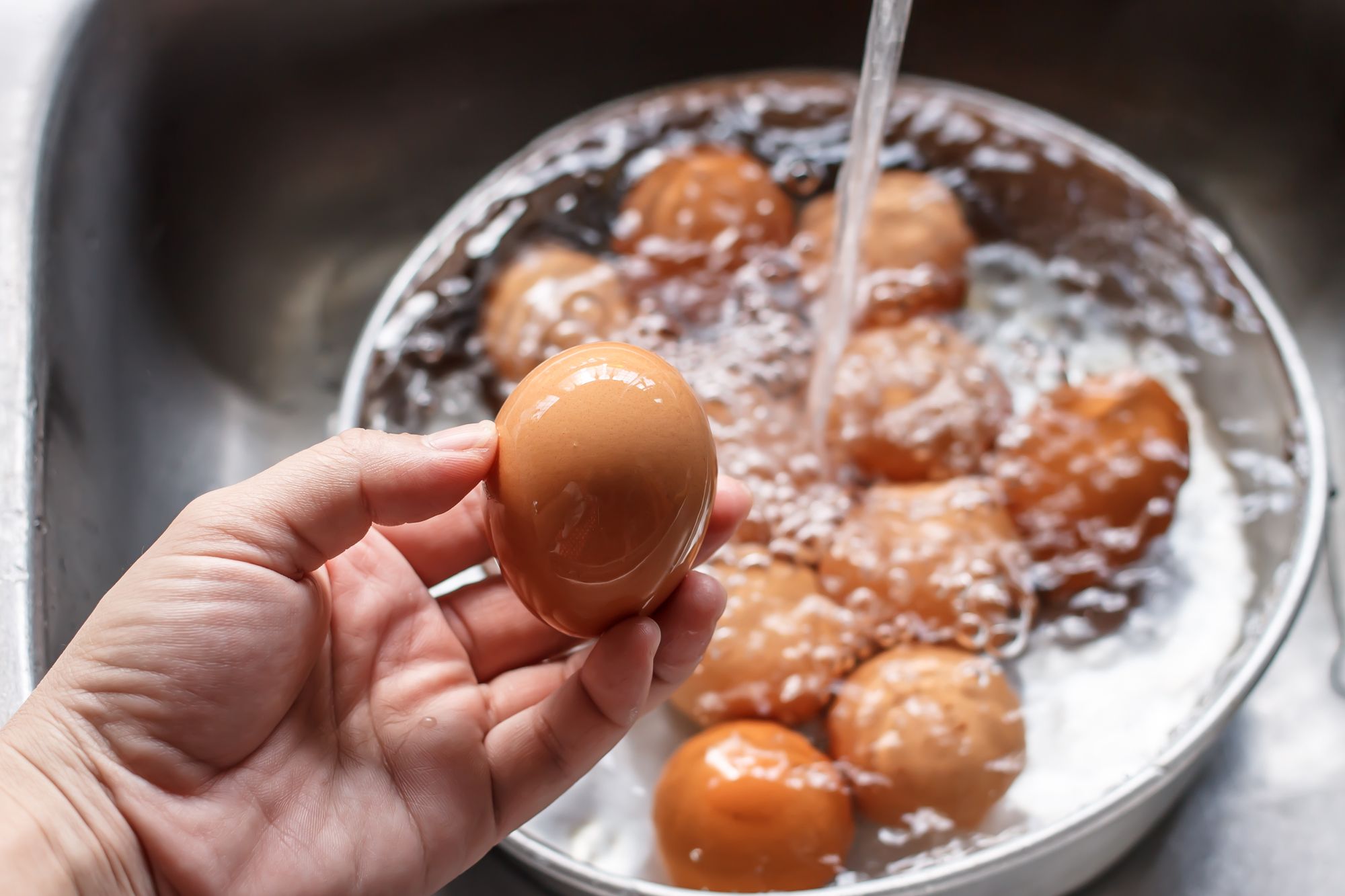
If you've ever encountered a recipe that requires room temperature ingredients like eggs, you may have worried about not having time to wait for them to warm up. However, there's an easy trick that many bakers use to quickly bring ingredients to room temperature. "While room temperature ingredients are usually recommended, you can still salvage your recipe by submerging the eggs or other ingredients in warm water for a few minutes," explains Baker and Pastry Chef Claire Wells.
4) Determine the Best Time to Incorporate Mix-ins into Your Baking
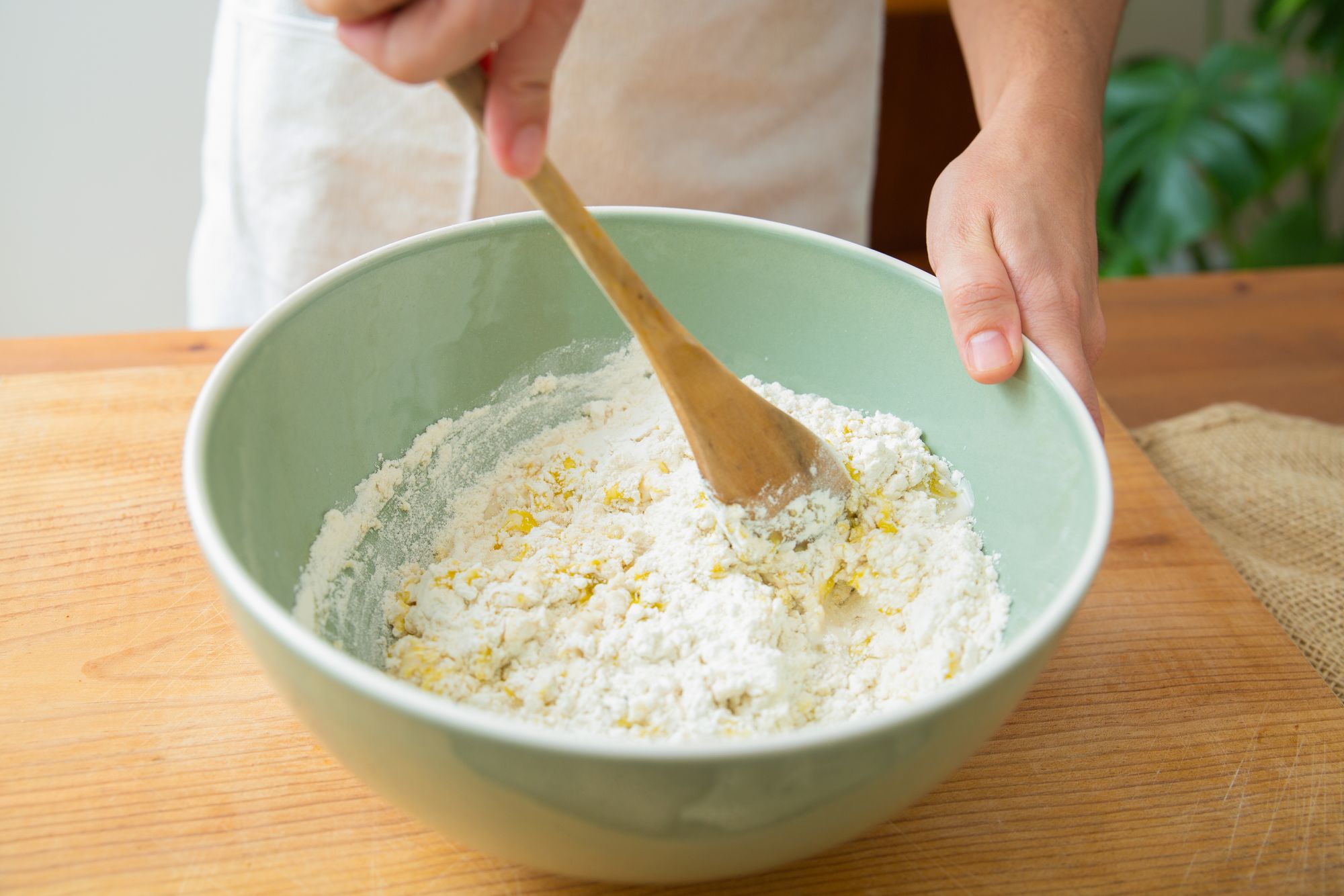
When you plan on adding extra ingredients such as chocolate chips, nuts, or anything else to your dough, it is crucial to add them at the right time. Baker and pastry chef, Claire Wells, suggests adding your mix-ins "with the last addition of flour before it's fully mixed together. If you add something like chocolate chips after the flour is fully incorporated, you risk over-mixing the dough. Therefore, it's best to add the extras before it's fully mixed, so you can achieve a tender texture."
5) Incorporating Acidic Ingredients into Your Baking for Better Flavor
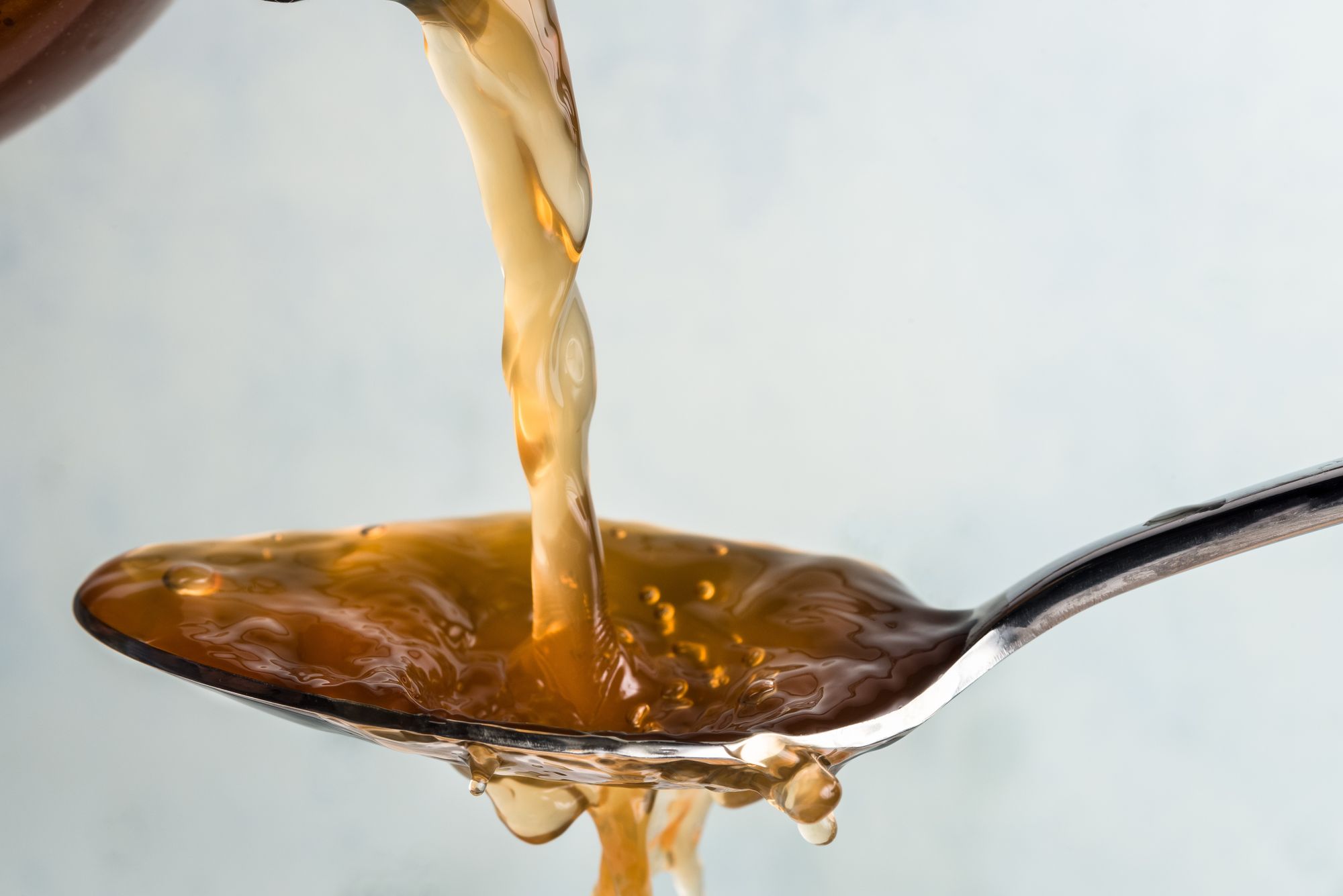
Enhance the rise of your baked goods with this pastry chef-approved tip: add something acidic. Pastry Chef Aisha Momaney of 101 Hospitality Group and Michelin-starred Gravitas, and a contestant of the Spring Food Network Spring Baking competition in 2020, shares her secret of adding a splash of acid to baked goods. It can be as simple as a dash of vinegar, a squeeze of lemon, or even a pinch of citric acid. This trick can bring out the ultimate rise in your baked goods, making them even more delectable.
6) Ensure Perfect Baking Every Time with an Oven-Safe Thermometer
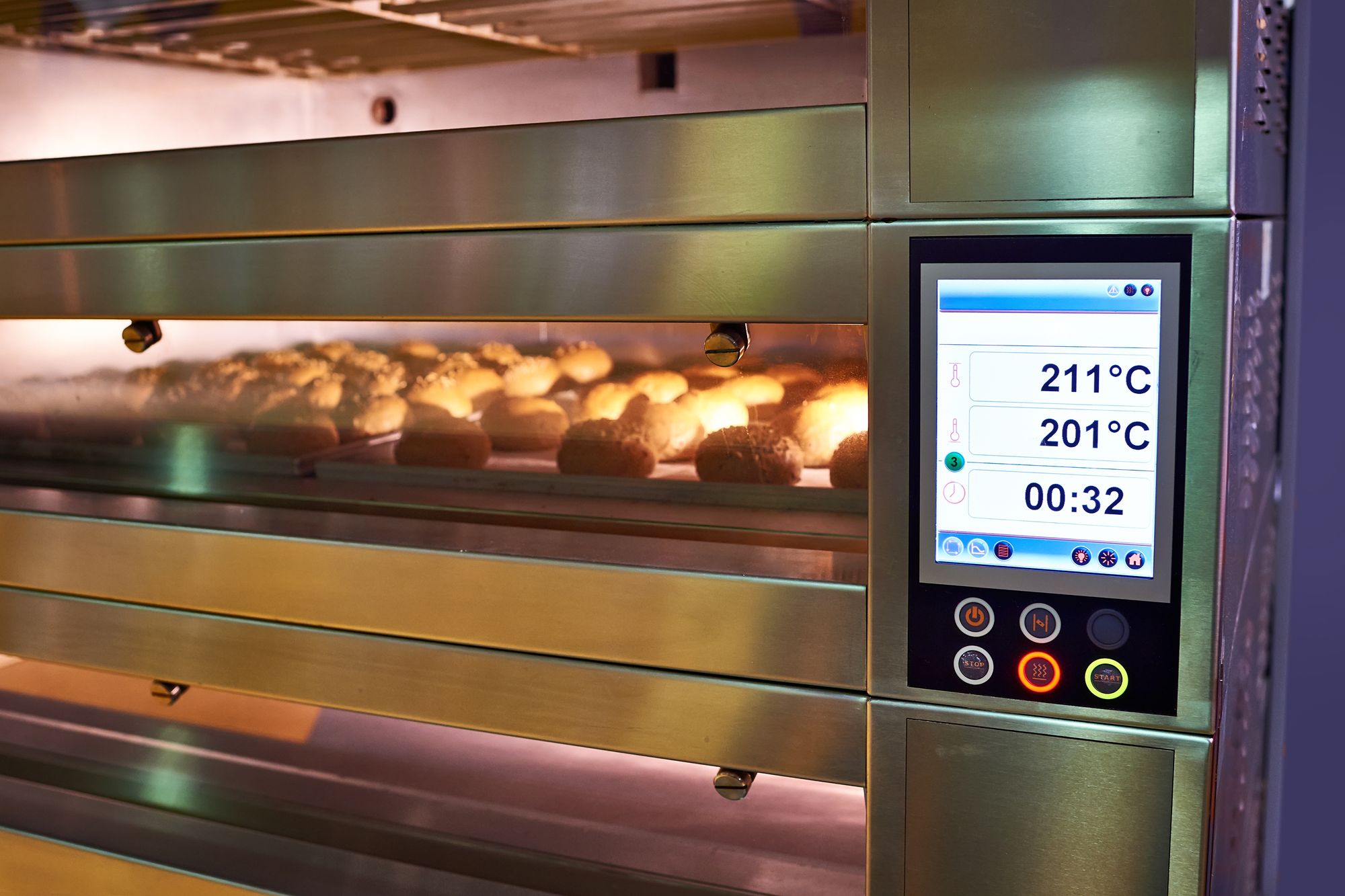
One baking secret that can make a significant difference in the outcome of your baked goods is using an oven-safe thermometer. Chef Alina Eisenhauer recommends placing an oven thermometer in the center of your oven to ensure accurate temperature readings. Over time, oven temperatures can become inconsistent and inaccurate by up to 50 degrees, which can significantly affect the final result of your baked goods. Therefore, using an oven-safe thermometer can help you achieve more precise and consistent baking results.
7) Why You Should Use Parchment Paper in Baking
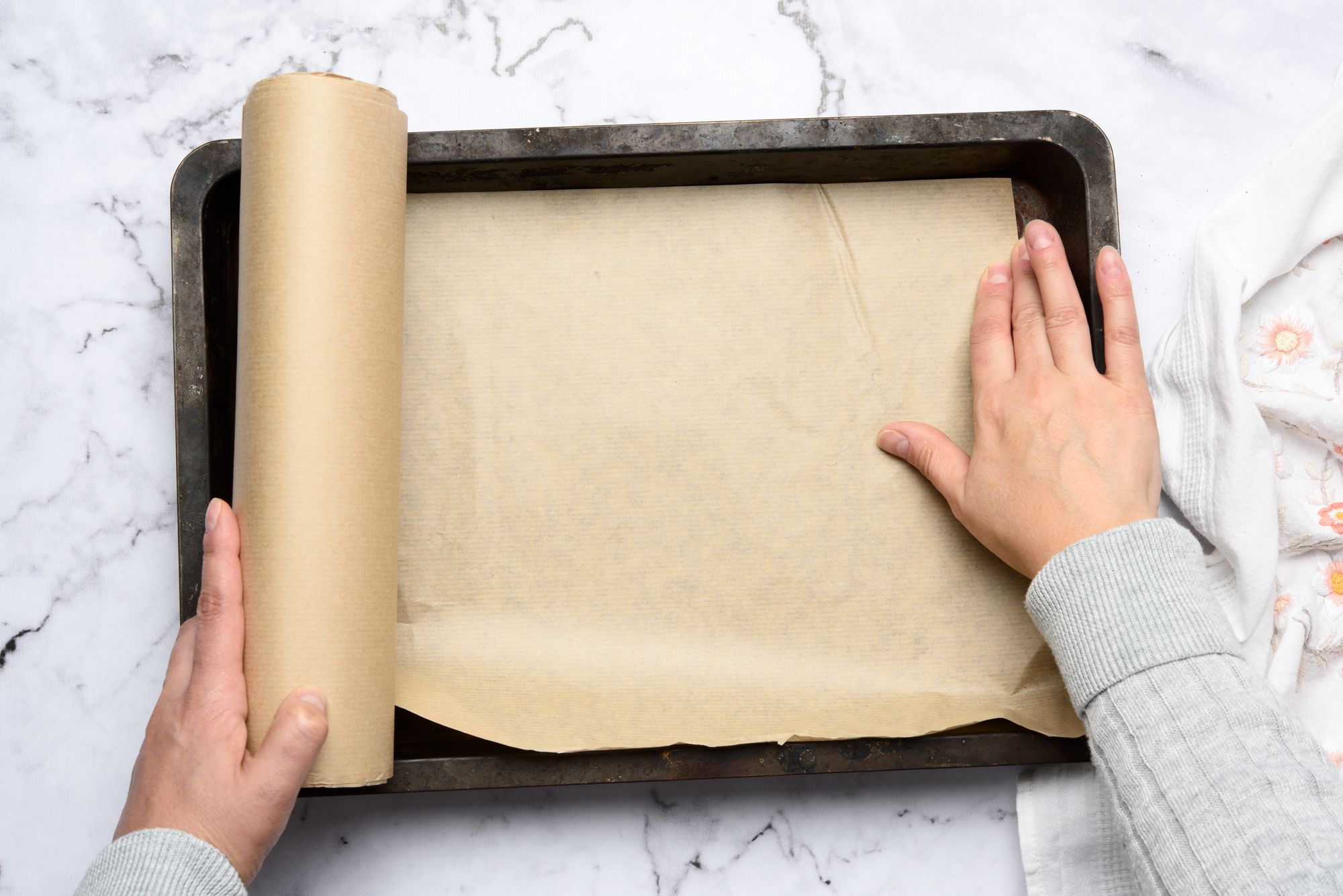
Parchment paper is a must-have for any baker. Not only does it make cleaning up a breeze, but it also has benefits that can improve the quality of your baked goods. According to Chef Thomas Keller, author of the Bouchon Bakery cookbook, using parchment paper prevents baked goods from coming into direct contact with metal and helps maintain a clean working space.
Parchment paper also provides an even baking surface by creating a thin layer of air between the baked goods and the pan. This helps neutralize hot spots in the oven, resulting in a more evenly baked product. Don't skip out on this handy tool for your next baking session.
8) Advantages of Using Metal Pans for Baking
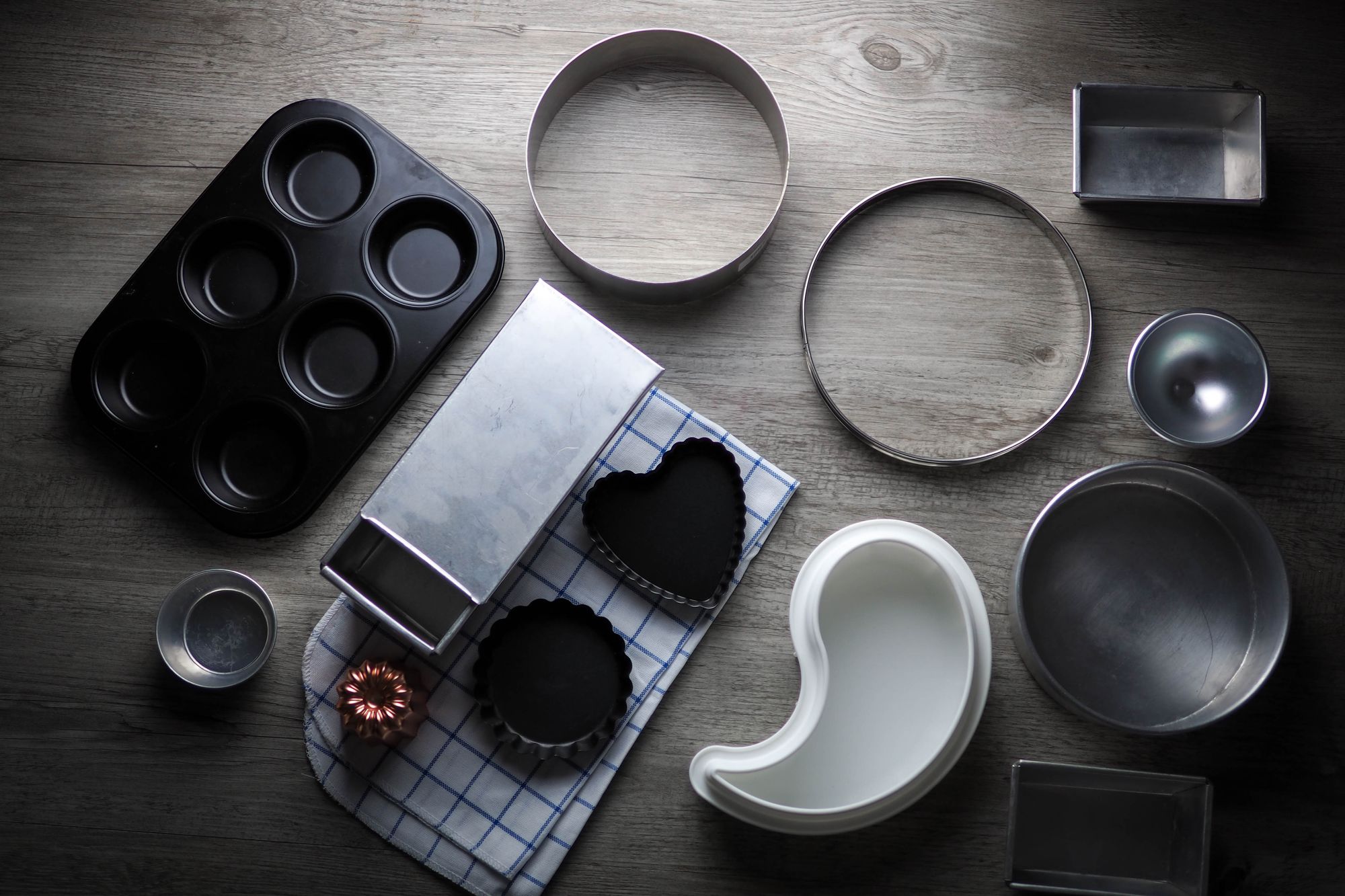
According to pastry chef Alina Eisenhauer, using metal pans can significantly improve your baking outcomes. Eisenhauer recommends metal pans over glass or ceramic because metal is the best heat conductor. In almost all baking situations, metal pans provide better results than their glass and ceramic counterparts.
9) Avoid Opening the Oven While Baking
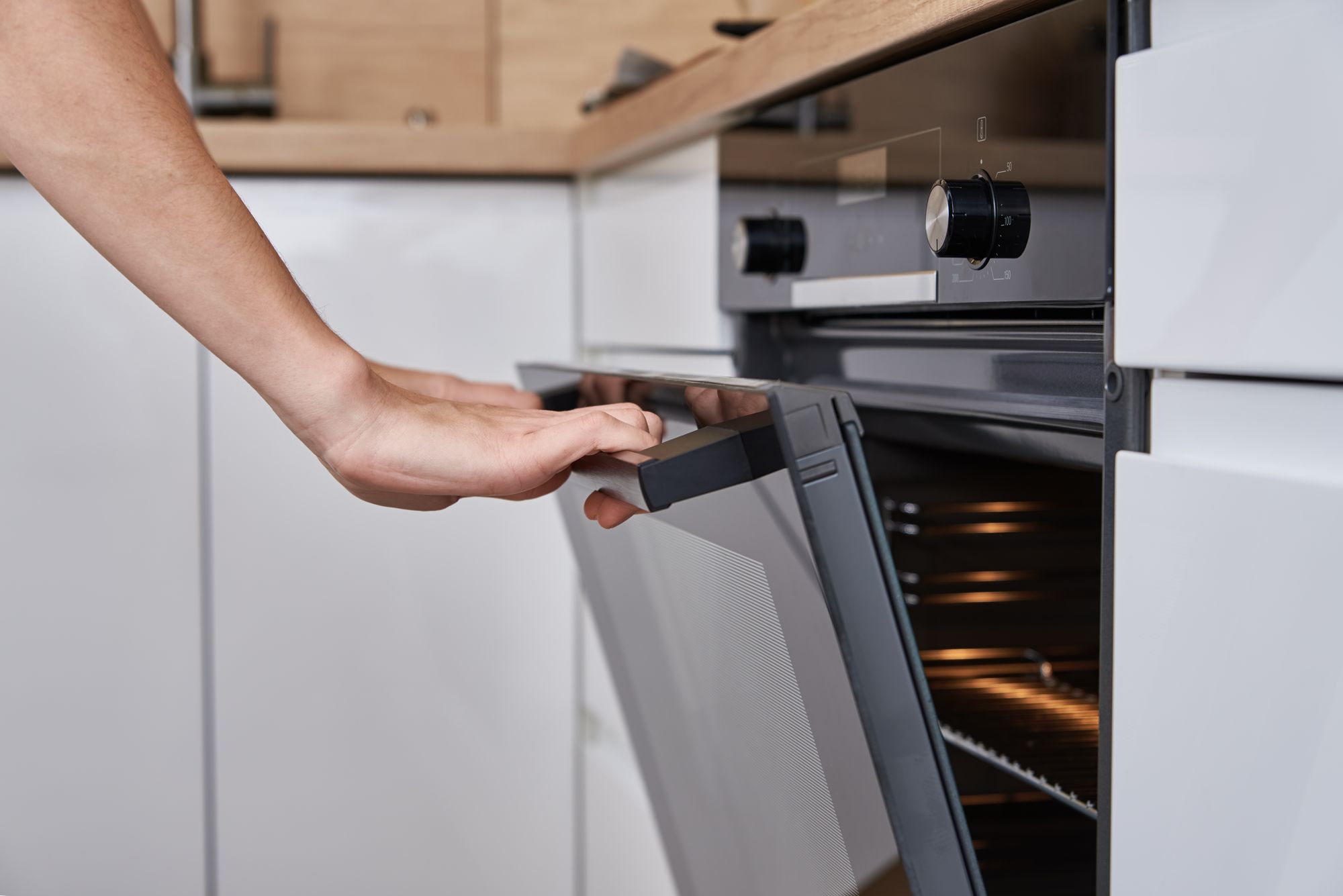
As tempting as it may be to take a peek and savor the aroma of your baked goods while they're still in the oven, it's crucial to practice patience and resist the urge to open the oven door.
Chef Fields emphasizes the importance of keeping the oven door closed at all times, as opening it during baking can slow down the cooking process and result in unevenly baked treats. Every experienced baker knows that even the slightest deviation from the recipe can affect the end product. So, as long as you've followed the instructions carefully, trust the timer to tell you when your delicious creation is done.

